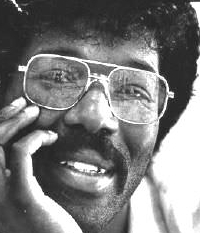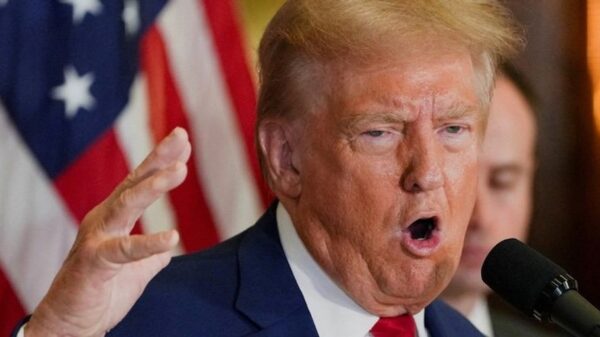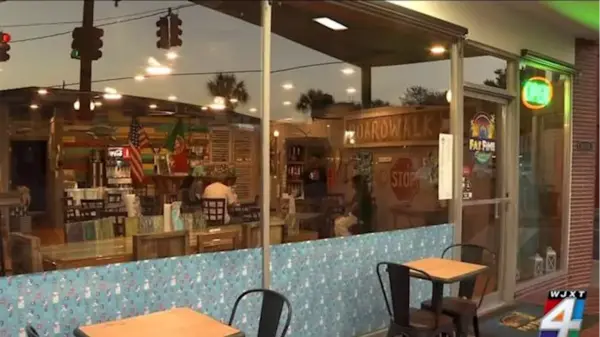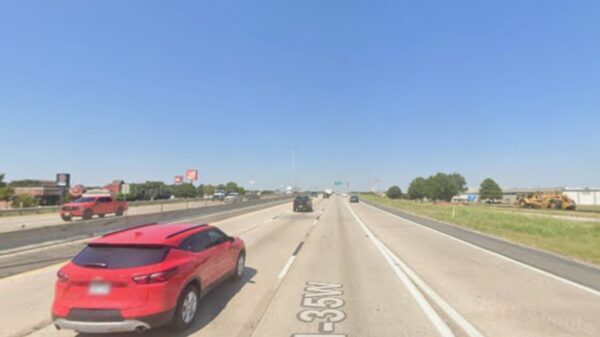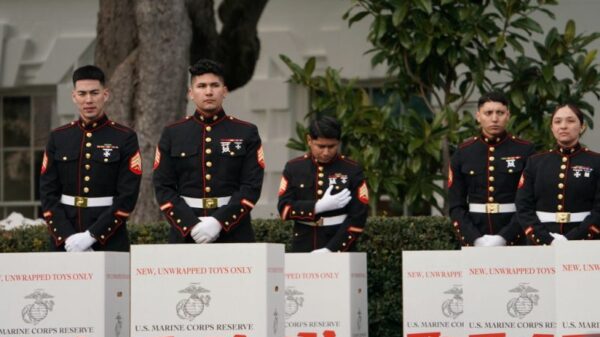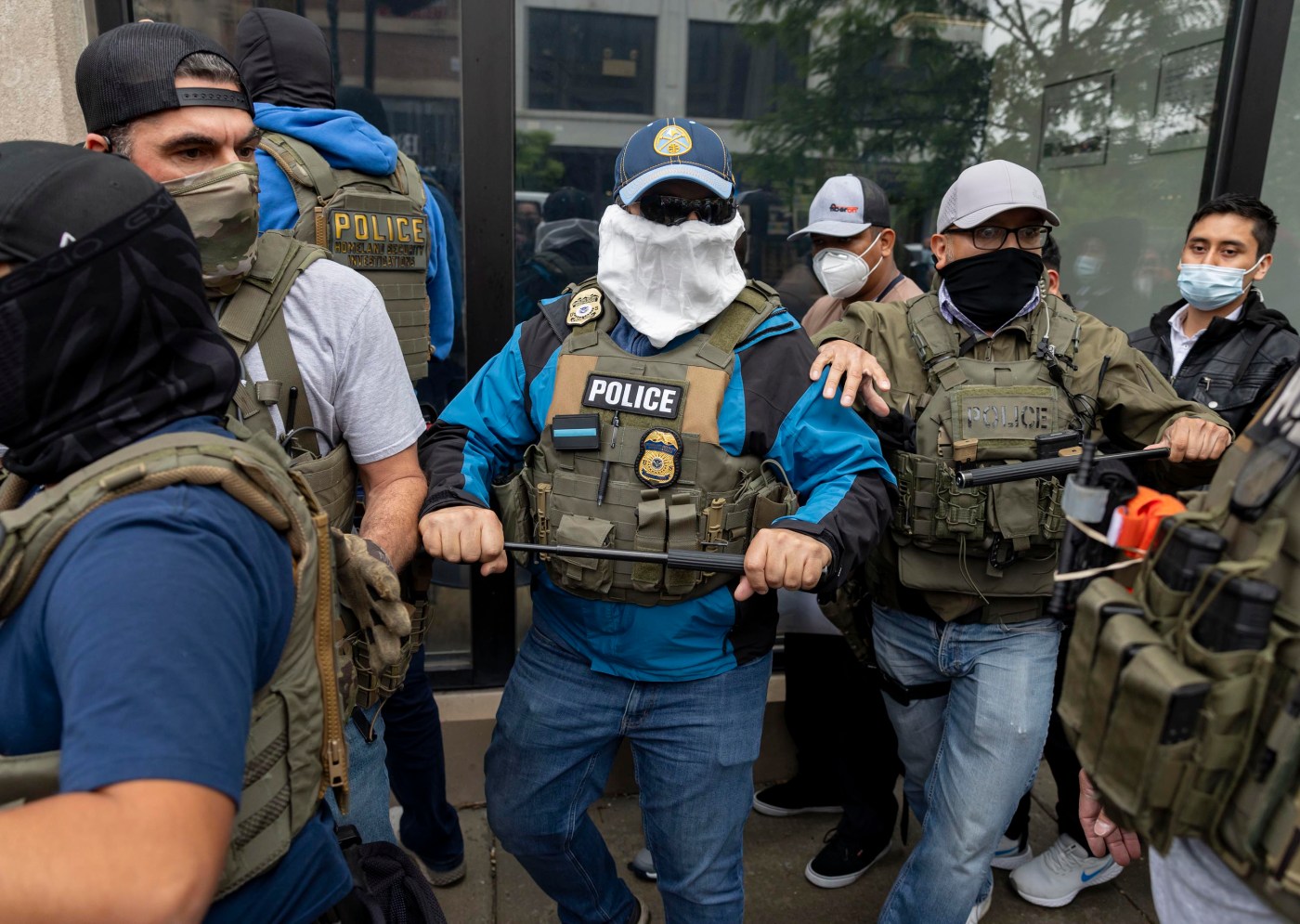A recent Gallup Organization poll indicates a significant shift in American attitudes toward immigration. The share of respondents advocating for a decrease in immigration has dropped to 30% in 2024, a notable decrease from a five-year high of 55%. In contrast, those who believe immigration is beneficial for the country has surged to 79%, marking a record high. This change in sentiment comes as the administration’s focus on undocumented immigrants has intensified, leading many Americans to reassess their views.
The findings reveal that even among Republican respondents, support for immigration has increased, rising from 39% to 64% over the past year. There is also a growing preference for pathways to citizenship for undocumented immigrants, with the public showing less support for stringent policies, including increased Border Patrol deployments and deportations.
As Americans witness the treatment of immigrants, there is a growing consensus that policies should align with principles of justice and community consent. The recent deployment of National Guard personnel and federal law enforcement agents, particularly in cities like Chicago and Washington, D.C., has raised concerns about public order. Chicago, often described by President Trump as a “killing field,” is set to receive hundreds of federal agents as part of these initiatives.
Despite a decline in violent crime in both cities, the Trump administration’s approach has sparked criticism. In recent weeks, the administration placed Washington, D.C.’s police under federal control and deployed the National Guard to assist in crime reduction efforts. While some guardsmen have engaged in non-lethal tasks such as cleaning, the overarching narrative appears to be one of political spectacle rather than effective governance.
California Governor Gavin Newsom recently criticized the deployment of National Guard troops in Los Angeles as an expensive maneuver costing taxpayers nearly $120 million. He described it as political theater, reflecting a broader frustration among residents who seek practical solutions to issues of crime and safety.
Local officials have voiced concerns about the lack of consultation regarding these federal interventions. For instance, J.B. Pritzker, the Governor of Illinois, has indicated that any federal troop deployment in Chicago would be met with legal challenges, signaling a potential conflict between state and federal authorities.
Public opinion is increasingly critical of the administration’s tactics. A recent Yahoo/YouGov poll found that only 37% of respondents approve of sending troops to major cities, while a majority of 53% disapproves. This growing discontent highlights a perception that the administration’s actions are more about political posturing than addressing the real concerns of citizens.
President Trump maintains that he has the authority to deploy troops as necessary, stating, “We have the right to do it.” Yet, this assertion raises questions about the appropriateness of federal involvement in local law enforcement matters without prior consultation with city leaders.
As public sentiment shifts, it is essential to consider the implications of these policies. The potential for unrest looms if communities perceive such actions as overreach, reminiscent of historical conflicts ignited by similar governmental tactics. With this in mind, a call for more collaborative approaches to public safety and immigration policy becomes increasingly urgent.
In conclusion, the relationship between immigration policy and public perception is evolving. As the American public expresses greater support for immigrants and pathways to citizenship, it appears they are simultaneously demanding more responsible and respectful treatment of all individuals, regardless of their immigration status.











